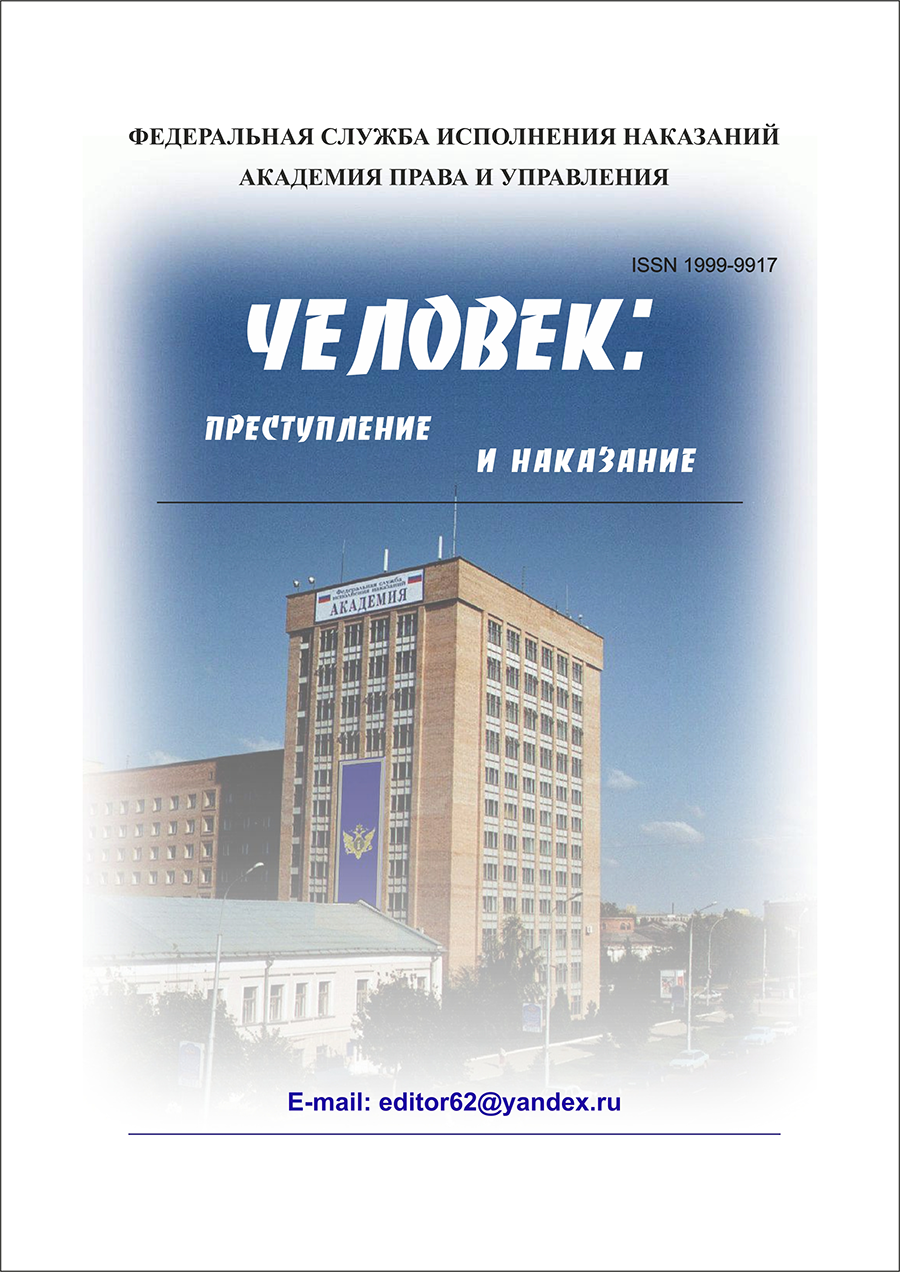St Petersburg, St. Petersburg, Russian Federation
St Petersburg, St. Petersburg, Russian Federation
UDC 343
The fight against tax crimes requires the use of complex strategies based on principles such as the development and implementation of unified standards and mechanisms for countering tax crimes and economic incentives for voluntary compliance with legislation. The purpose of the article is to consider the economic and legal specifics of the global and national nature of countering tax crimes using the example of the Organization for Economic Cooperation and Development to find new effective mechanisms based on closer international cooperation and unification of national legislation. The results showed a direct correlation between differences in national legislation countering illegal actions by taxpayers, and empirical data obtained mainly through field and laboratory experiments demonstrate the importance of taking into account social, cultural and psychological aspects that have a direct impact on the perception of tax crime in countries.
tax crimes, fraud, fiscal security, economic incentives
1. Schneider, F. 2013, ‘The financial flows of transnational crime and tax fraud in OECD countries: What do we (not) know?’, Public Finance Review, vol. 41, iss. 5, pp. 677–707.
2. Nazarenko, B. A. 2015 ‘Criminal liability of legal entities for tax crimes: “proetcontra”’, Russian investigator, iss. 14, pp. 34–38.
3. Bessard P. 2009, Tax burden and individual rights in the OECD: an international comparison, Institut Constant de Rebecque.
4. Zaripov, V. M. 2018, ‘Modern problems of responsibility for tax crimes’, Law, iss. 10, pp. 50–60.
5. Dwyer, T. & Dwyer, D. 2002, ‘Transparency versus privacy: reflections on OECD concepts of unfair tax competition’, Journal of Financial Crime, vol. 9, iss. 4, pp. 330–340.
6. Turksen, U. & Abukari, A. 2021, ‘OECD’s global principles and EU’s tax crime measures’, Journal of Financial Crime, vol. 28, iss. 2, pp. 406–419.
7. Taxing crime: a whole-of-government approach to fighting corruption, money laundering, and tax crimes 2022, World Bank Publications.
8. Nakova, M. R. 2019, ‘Analysis of the impact of tax crimes on the economic security of the regions of the Russian Federation’, Bulletin of the Moscow University of the Ministry of Internal Affairs of Russia, iss. 5, pp. 278–282.
9. Krokhin, R. I. 2021, ‘Problems of qualification of tax fraud in criminal law’, Issues of Russian and international law, vol. 11, iss. 3-1, pp. 189–196.
10. Tatarchuk, Z. Yu. 2015, ‘Tax fraud: a comparative legal aspect’, Bulletin of Science and Education, iss. 5(7), pp. 99–101.
11. Weidenfeld, K. & Spire, A. 2017, ‘Punishing tax offenders in France and Great Britain: two criminal policies’, Journal of Financial Crime, vol. 24, iss. 4, pp. 574–588.
12. Pankratiev, A. N. 2020, ‘Statistical characteristics of tax crimes’, Rigth and law, iss. 11, pp. 187–97.
13. Allam A. (et al.) 2023, ‘National culture and tax evasion: the role of the institutional environment quality’, Journal of International Accounting, Auditing and Taxation, iss. 52.










